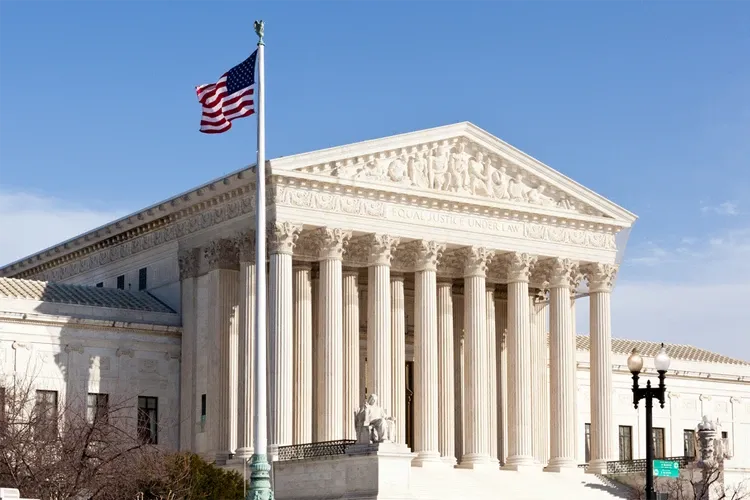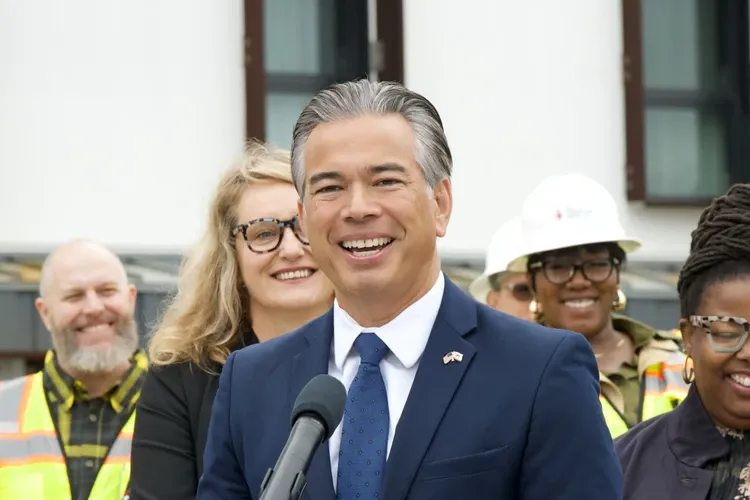Editor's Note: This article is from Gun Pulse, an email-only newsletter from The Sentinel published six days per week to cover the battle over the Second Amendment. If you want to read more content like this, sign up for free here.
Members of the Supreme Court ruled on Friday in favor of a federal law that bars people under domestic violence restraining orders from possessing firearms.
Chief Justice John Roberts wrote in the majority opinion that individuals who pose a “credible threat” to the safety of their intimate partner may “be banned from possessing firearms while the order is in effect” in a manner consistent with historical traditions of regulating firearms in the United States. Justice Clarence Thomas, the lone dissenter in the case, nevertheless wrote in an opinion that the statute does not fit with that historical tradition.
He observed that the federal law in question “does not require a finding that a person has ever committed a crime of domestic violence” and is not triggered by a criminal conviction, meaning that gun owners can be effectively stripped of their weapons without due process.
Thomas added that prosecutors failed to identify proper examples of an adjacent regulation. “The government does not offer a single historical regulation that is relevantly similar,” he said. “The government’s smorgasbord of commentary proves little of relevance.”
“The question is whether the government can strip the Second Amendment right of anyone subject to a protective order, even if he has never been accused or convicted of a crime,” Thomas continued. “In the interest of ensuring the government can regulate one subset of society, today’s decision puts at risk the Second Amendment rights of many more.”
Second Amendment advocacy groups applauded Thomas and expressed disappointment over the majority opinion. Gun Owners of America remarked in a statement that “difficult cases with terrible defendants like this require the strictest adherence to principle.”
The Supreme Court also recently issued an opinion clarifying that bump stocks, which are used with semiautomatic firearms to increase firing rates, cannot be classified as machine guns under present federal law. While the case over domestic violence restraining orders had eight Justices siding with the majority, the case over bump stocks had six Justices siding with the majority.
Senate Majority Leader Chuck Schumer, a Democrat from New York, announced last week that lawmakers would debate codifying a federal ban on bump stocks after the “MAGA Supreme Court” showed the nation “how dangerously far right they will go” on the Second Amendment.




